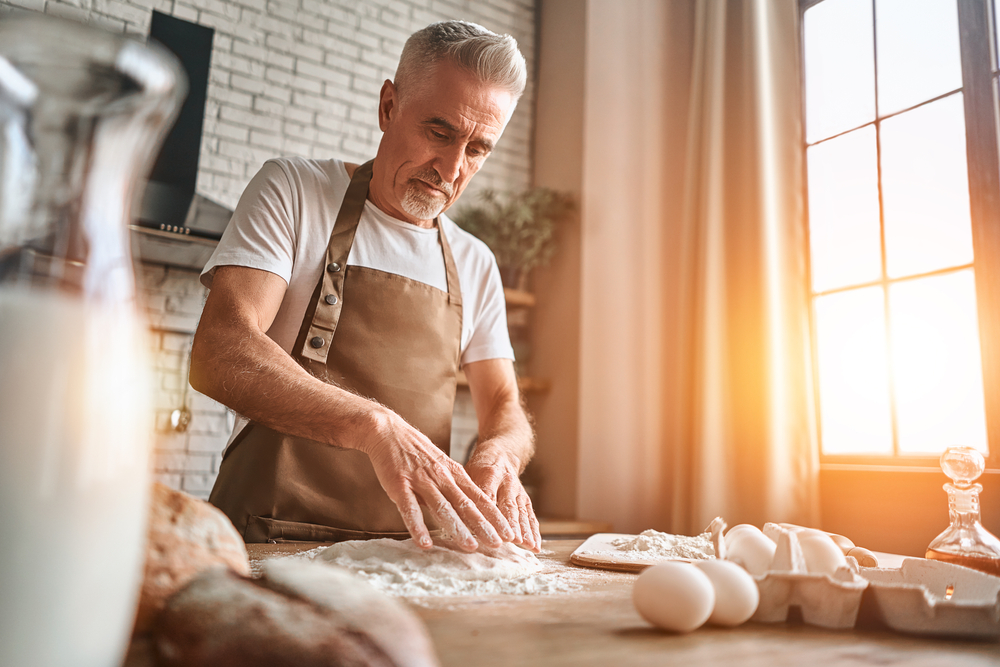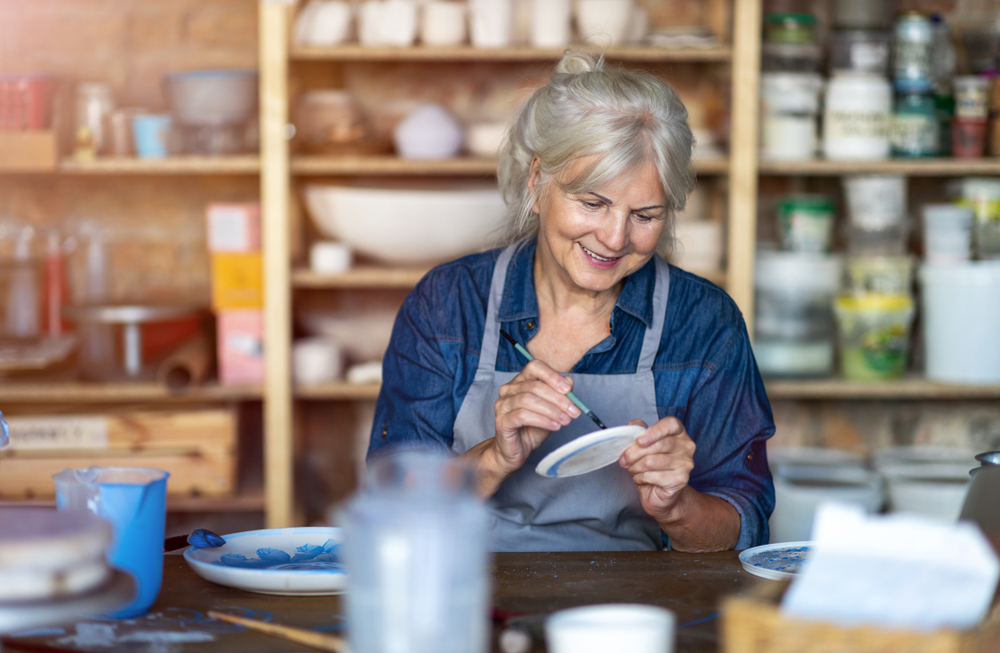
How Retirement Hobbies Can Improve Your Life
Once the responsibilities of raising kids and managing a career have passed, many seniors ask, “What’s next?” After all the projects are done and the last drawer or closet is organized, retirement becomes the perfect time to explore new hobbies or rekindle past interests. With more free time, the possibilities to enrich your life with engaging activities are nearly endless. But where should you begin? And what are the benefits of taking up a hobby in your retirement years?
The Health Benefits of Hobbies
Hobbies play an important role in enhancing your quality of life during retirement. They’re more than just a way to pass the time—they provide significant health and psychological benefits. Here’s how various activities can contribute to a better, healthier retirement lifestyle.
Stress Relief and Purpose
Regularly participating in enjoyable activities can alleviate stress and provide a welcome distraction from daily concerns. Hobbies also give a sense of achievement and purpose. Satisfaction and fulfillment grow as you learn and progress, giving you something exciting to look forward to each day.
Discovery and Growth
A new hobby can push you out of your comfort zone, encouraging personal growth and resilience by challenging you in gentle but rewarding ways. Additionally, some hobbies lead to income if you discover a skill others appreciate and are willing to pay for. Even a small amount of income can add some spending money to your pocket—a perfect way to pay for travel
Social and Cognitive Benefits
Hobbies are a great way to meet new people and expose yourself to different perspectives, enhancing your social circle and emotional well-being. For those who engage in craft-related hobbies, such as sewing or beading, there’s the added advantage of improved mental focus, which helps in combating depression and protecting against memory loss

How Hobbies Improve Your Physical and Mental Health
Hobbies can help maintain—and even improve—physical and mental health in retirement. They keep the body active and engage the mind, providing a comprehensive approach to wellness that can be adapted to any lifestyle.
Physical Health Benefits
Physical hobbies like gardening and low-impact exercises like yoga offer tremendous health benefits, especially for seniors. Physical activities can increase flexibility, promote better joint health, and improve balance, making them ideal for enhancing the quality of life.
Additionally, engaging in light aerobic activities such as swimming or brisk walks in a community setting can help maintain healthy blood pressure. These activities reduce the risk of heart disease, improve overall circulation, and promote better respiratory health.
Mental and Emotional Health Benefits
Engaging in creative activities such as painting, writing, or playing music stimulates the mind and significantly boosts cognitive functions and emotional health. These activities encourage creativity and serve as a form of emotional expression, which is crucial for psychological well-being.
Participating in group discussions, musical ensembles, or photography clubs can also enhance cognitive abilities and emotional resilience by providing mental stimulation and opportunities for social interaction. These hobbies do more than keep you busy—they can help minimize the risk of depression in seniors.
Friends Can Make Hobbies Even More Fun
When you participate in hobbies, you’re not just giving yourself a fun activity to fill your time but also opening the door to new friendships. Joining clubs or participating in group workshops connects you with like-minded individuals who share your interests. These connections can significantly enhance your hobby enjoyment, boost your mental and emotional well-being, and keep you active.
The variety of clubs and events in a community setting ensures everyone can find their niche in a supportive and lively atmosphere. This blend of shared interests and social interactions truly enriches the hobby experience, turning a simple pastime into a meaningful part of daily life.
How to Choose a Hobby
If you’ve never had a hobby, it can be overwhelming to choose one. To get started, consider the things you enjoy, things that interest you, and perhaps things you would like to improve upon. These questions might also help you narrow down your retirement hobby choices:
- Do you enjoy competition?
- Do you prefer doing things alone or with others?
- Is there a particular skill you would like to develop?
- Are you getting enough physical activity in your daily life?
- Are there things you enjoyed doing in your childhood that you would like to revisit?
Consider these factors to identify hobbies that suit your personal preferences and lifestyle needs. Finding the right activity can improve your mood, introduce you to new people and opportunities, and help you become the best version of yourself.
Discover a Community That Enriches Your Life
Abbey Delray South is here to help you make the most of your retirement years with workshops and clubs that adapt to the interests and capabilities of our community members. These are complemented by comprehensive wellness programs that address physical, mental, and social needs. Here, you can enjoy a supportive environment that encourages you to explore new activities, build friendships, and live every day to the fullest.
If you’re looking for fulfilling hobbies and a welcoming community life, we want to meet you. Contact us today to learn more about our hobbyist’s haven and all the possibilities waiting for you.


